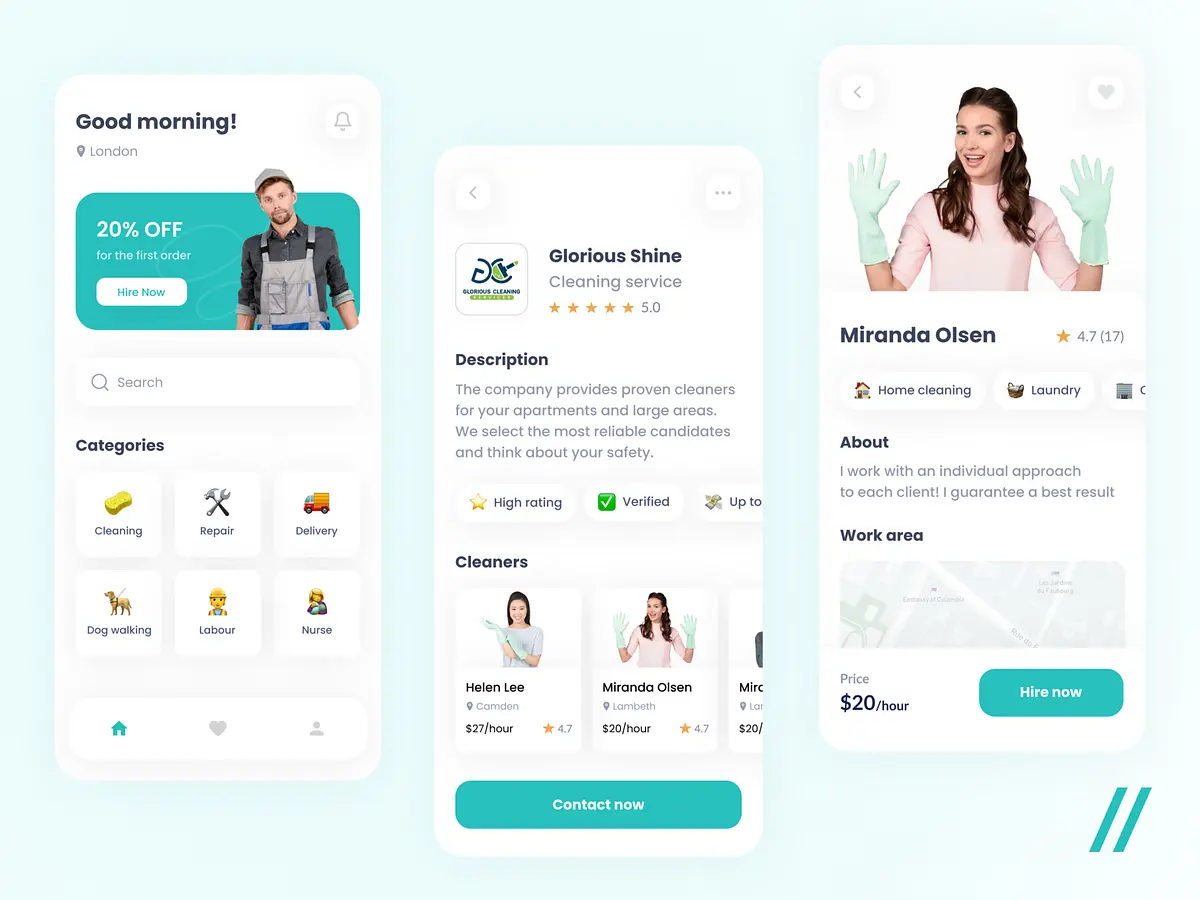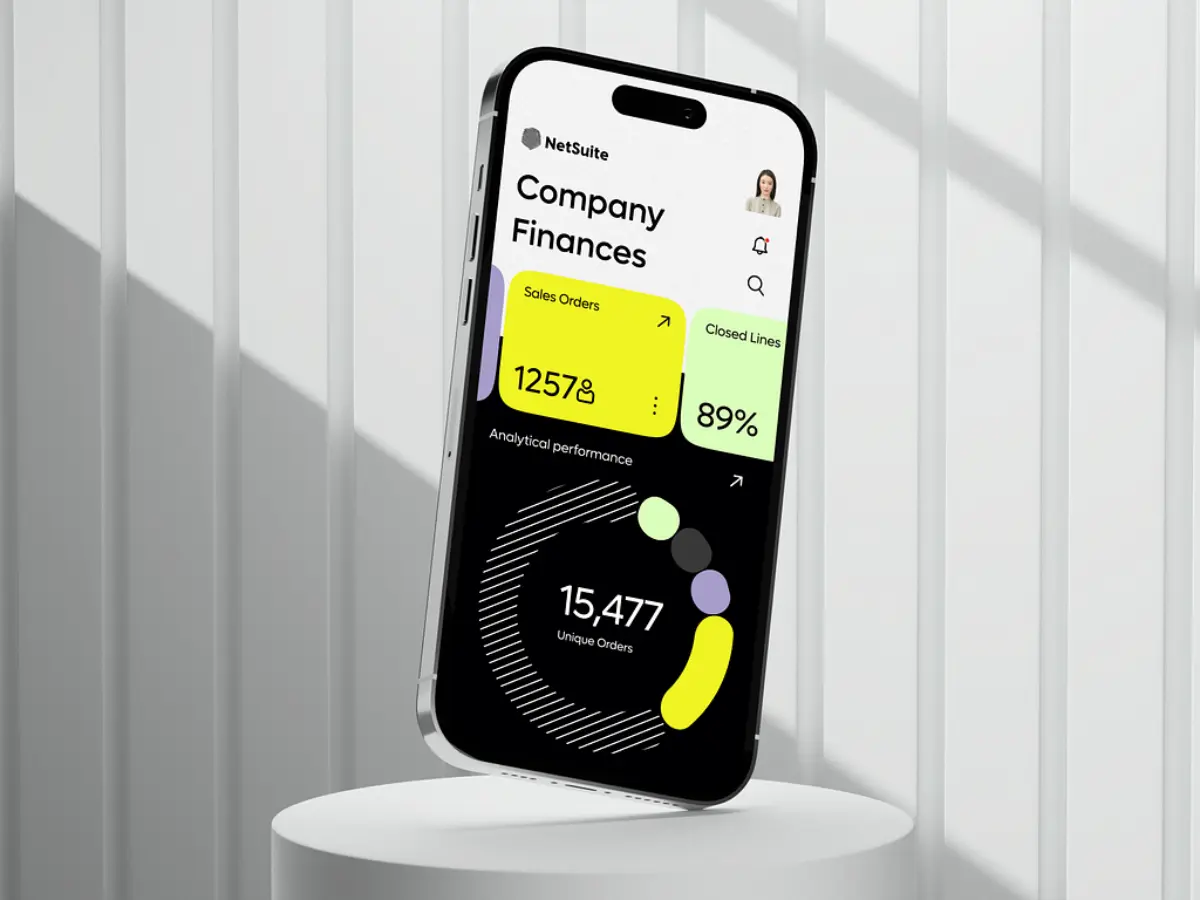Custom CRM Development – The Only Guide You Will Ever Need


In recent years, CRM software has become a must-have for businesses. CRMs offer features like marketing automation, activity tracking, and reduced manual work, which can significantly benefit your business.
Salesforce reports that CRM software can boost sales by up to 29%, enhance sales productivity by as much as 34% and enhance sales forecasting accuracy by 42%.
Due to CRM systems’ many advantages, companies of all sizes and specializations are adopting them. A custom CRM is a smart option to avoid unnecessary costs and a steep learning curve.
In this post, you’ll learn through a custom CRM development process, identify the best type for your business, understand the essential CRM features, and determine which ones to skip. We’ll also cover the cost of developing a CRM system.
When choosing a CRM solution, there are three main options: an off-the-shelf platform, a customizable solution, or custom CRM development. Here’s a breakdown of each.
|
Feature |
Off-the-Shelf CRM | Customizable CRM | Custom CRM |
|---|---|---|---|
| Setup Time | Quick: immediate availability | Quick: pre-made infrastructure | Slow: requires development time |
| Customization | Limited: fixed features | Moderate: can add/change workflows | High: built to your exact specifications |
| Cost Structure | Per-seat pricing | Per-seat pricing, additional costs for modules | Initial development cost, no user fees |
| Maintenance | Vendor-managed | Vendor-managed | Requires dedicated technical maintenance |
| Scalability | Limited: storage and feature limitations | Moderate: depends on the platform | High: designed to scale with your needs |
| Technical Knowledge | None required | Some required for customizing modules | High: requires technical team for development and upkeep |
| Security | Standard: controlled by vendor | Moderate: controlled by vendor | High: customizable security standards |
| Ideal For | Immediate use if functionality meets requirements | Fast setup with moderate customization needs |
Unique features and high customization need |
Doing a bespoke CRM development involves the same stages as other software projects: requirements analysis, planning, design, construction, testing, and deployment.
A project team should minimally include a project manager, business analyst, , UI/UX designer, front-end developer, back-end developer, and quality assurance engineer. Building a CRM from scratch usually takes 4-6 months.
Key considerations:
User Interface
The interface needs to be simple and user-friendly for effortless navigation. Avoid clutter and unnecessary elements. The CRM system should streamline business operations and minimize onboarding challenges.
Integration with Existing Systems
Ensure that the CRM can be integrated with your existing business software. This will provide seamless connectivity across your software systems and simplify technical maintenance.
Cloud-Based Solution
Consider a cloud-based CRM to cut costs and store large amounts of data efficiently.
Post-Project Support
Select a development company that offers ongoing support to address future issues like bugs or errors that might arise after deployment. Their team should also assist with any questions related to the CRM’s usage.
Choosing the Right Development Company
Partner with a reliable CRM development company. Besides handling technical implementation, they can assist with competitor analysis, preparing requirements documents, and providing recommendations on essential functionality.
Check out different types of CRM and their applications:
Before starting a CRM system project, establish its goals to ensure a focused approach. What specific business benefits should it deliver, and how can it increase profits?
Common objectives for custom CRM development projects include:
After identifying and prioritizing these goals, choose the most appropriate CRM type.
Types of CRM Software
CRM software generally falls into three main categories based on purpose and tools:
Collaborative CRM: Designed to improve teamwork and communication by enabling transparent data sharing. It supports internal and external teams, like partners, with features for discussions, file sharing, and activity streaming.
Analytical CRM: Helps with planning by providing insights, statistics, and data analysis. It collects and processes information from various sources and presents real-time analytics.
Operational CRM: Focuses on automating and simplifying business processes to boost efficiency. This type handles lead processing, sends automated customer messages, and manages follow-ups.
Combine these CRM types or select specific features to meet your unique needs.

Custom CRM Development
After deciding how to build a CRM, your next step is finding a trustworthy tech partner. You can choose between two options: outsourcing or in-house development. Here’s a quick overview:
Outsourcing
Outsourcing involves contracting external specialists who are not part of your regular team to work on your CRM project. You can hire individual freelancers or a dedicated team based on your requirements.
Pros:
Cons:
In-House Development
In-house development requires hiring long-term specialists and providing them with the needed tools and workspace. This approach can lead to a higher tax burden.
Pros:
Cons:

Custom CRM development
If you choose outsourcing for your CRM project, keep these factors in mind to find a reliable partner:
Niche Expertise: Look for a company experienced in CRM development. Their case studies can show how their work aligns with your requirements.
Client Reviews: Read reviews on their website and third-party platforms like Clutch or GoodFirms. This can reveal their strengths and weaknesses.
Time Zone: Consider differences in time zones to avoid communication delays that could extend development timelines.
Language Proficiency: European countries generally offer good English proficiency and reasonable prices. Partners in India and Asia might be cheaper but could present language barriers. Set up a meeting to ensure clear communication.
Creating a UI/UX design for a custom CRM system involves specific challenges due to diverse user roles and high data volumes. To make the CRM interface user-friendly and productive, follow these steps:
Let’s Build Your Custom CRM Software!
Get in touch with our experts for a free consultation. We’ll help you decide on the next steps, explain how your CRM will be built, and provide you with a free estimation.
Custom CRM projects follow the same software development steps as other projects. As you progress from planning and design to coding, consider the following:
When is a custom CRM application useful? It’s usually better to build a CRM system from scratch when:

When to have CRM software?
The cost of building a CRM system varies primarily based on the number and complexity of the features. Apart from development, other expenses like project management and quality assurance usually account for about 15-30% of the total cost.
Investing in experienced project management and QA can help save costs by avoiding scope creep and reworking faulty code. The location and expertise of your development team also affect the cost, with Southeast Asia teams typically being around five times less expensive than U.S. teams.
At TECHVIFY, custom CRM development costs usually depend on your specific needs. To receive an accurate estimate, contact our representatives to discuss your specific project requirements.
Developing a CRM system from the ground up brings unique challenges. Key challenges include catering to diverse user groups, customization requirements, system integrations, and compliance with industry regulations.

CRM Development Challenges
Here are important considerations and tips for efficient custom CRM development:
Unclear Business Goals
Clearly define the CRM’s purpose. Without clear goals, determining necessary features is difficult, risking misalignment with business needs. Identify the core objective, whether revenue growth, cost reduction, or strategic data collection, and align the CRM’s features accordingly.
Not Creating User Personas
Failure to define user personas makes it challenging to meet the needs of different user groups, resulting in poor user experience and potential security issues due to improper access control. Categorize users by role (e.g., sales, marketing, support) to specify the required features for each role and ensure proper access management.
Evaluating CRM Success
Measuring the success of a custom CRM can be subjective and lacks a clear timeframe. Prioritize key aspects such as speed, security, analytics, and compliance that were emphasized during development. Establish metrics reflecting improvements in these areas and monitor progress.
By addressing these challenges proactively, the CRM development process can be smoother and more effective.
Custom CRM development offers unmatched flexibility and scalability, enabling businesses to align their systems with specific goals, address diverse user needs, and streamline workflows. With clear goals, well-defined user personas, and a strategic evaluation of success, you can implement a CRM system that drives growth and enhances customer relationships.
Interested in a CRM that fits your business perfectly? Let TECHVIFY help! Contact us today to discover how our tailored solutions can empower your team and boost your success.
TECHVIFY – Global AI & Software Solutions Company
For MVPs and Market Leaders: TECHVIFY prioritizes results, not just deliverables. Reduce time to market & see ROI early with high-performing Teams & Software Solutions.


Table of ContentsI. Why consider custom CRM development?II. Key Considerations Before Building a CRM SystemIII. Guide for a Custom CRM Software Development1. Define CRM System Goals2. Find a Development Partner3. Outsourcing Considerations4. Design the CRM System5. Delivery and SupportIV. When is the best time to use a Custom CRM Application?V. How much does Custom CRM development cost?VI. Challenges in CRM DevelopmentConclusion Technological advancements are paving new paths for companies across different sectors, and the logistics industry is no exception. According to a survey by Gartner, 87% of supply chain professionals plan to invest in enhancing the resilience of their platforms….
26 July, 2024

Table of ContentsI. Why consider custom CRM development?II. Key Considerations Before Building a CRM SystemIII. Guide for a Custom CRM Software Development1. Define CRM System Goals2. Find a Development Partner3. Outsourcing Considerations4. Design the CRM System5. Delivery and SupportIV. When is the best time to use a Custom CRM Application?V. How much does Custom CRM development cost?VI. Challenges in CRM DevelopmentConclusion The technology sector is advancing at an unprecedented pace, and the HR landscape is evolving right alongside it. To attract top talent, HR professionals and organizations need to stay ahead of emerging technology hiring trends. This year, we are…
25 July, 2024

Table of ContentsI. Why consider custom CRM development?II. Key Considerations Before Building a CRM SystemIII. Guide for a Custom CRM Software Development1. Define CRM System Goals2. Find a Development Partner3. Outsourcing Considerations4. Design the CRM System5. Delivery and SupportIV. When is the best time to use a Custom CRM Application?V. How much does Custom CRM development cost?VI. Challenges in CRM DevelopmentConclusion Customized software plays a major role in managing various tasks within the telecom industry. It is essential for allocating numbers to subscribers and managing networks through optimized and AI-enabled routing protocols. Additionally, it aids in detecting fraud with intelligent…
24 July, 2024


Thank you for your interest in TECHVIFY Software.
Speed-up your projects with high skilled software engineers and developers.
By clicking the Submit button, I confirm that I have read and agree to our Privacy Policy